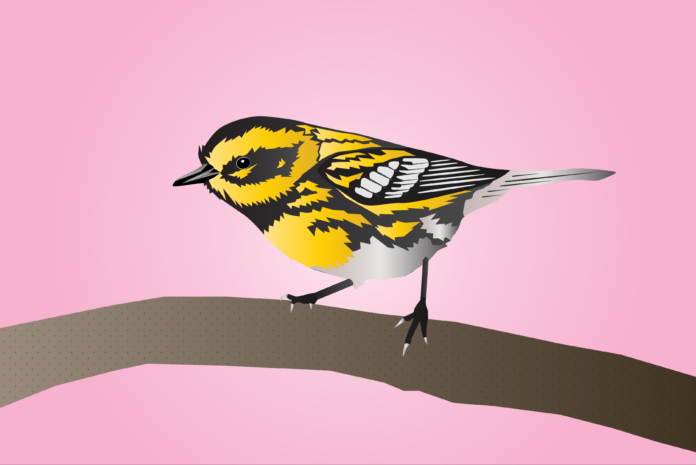If we’re going to rename things, let’s add some species names to that list too
Names have been in the news a lot the past year, whether it’s complaints of cultural appropriation in business names or changing the names of schools named after confederate generals. Everything has gotten its name from somewhere, and things can have multiple names. Many things in the U.S., from schools to rivers, are named after colonial figures in Western culture with no regard for the previously existing Indigenous names.
Colonialism is pervasive in Western culture—nothing is left untouched by it. Take, for example, Lewis’ woodpecker. Sounds innocent enough, right? It’s a beautiful dark red and black bird that differs from most woodpecker species in that it very rarely pecks against wood for insects, but instead catches them midflight. It’s name comes from Lewis Meriwether, who you might know from the Lewis and Clark expeditions, a known slave owner who reportedly often beat his slaves. Bottom line: cool bird, bad namesake.
Unfortunately, this is not uncommon for species as the majority of common species names that we use today were given to them by wayfaring Westerners. In fact, this is so much of a problem that there is even an entire organization based around advocating for renaming birds with eponyms alone.
So you might think, what’s the big deal? We can’t just rename every species, and it’s not like the names are hurting anyone. Actually, peer reviewed science has proven that idea wrong. In a recent study on the species names of New Caledonia, a small island off the coast of Australia, scientists found that there is a significant impact on the perception of species based solely on their names. In this case study, the majority of species names that had connections to the Indigenous peoples of the areas were discovered more recently, and Yohan Pillon, the author, conjectured that the naming actually impacted how willing people were to conserve the species.
In the conclusion of his paper, Pillon states, “Areas of high biodiversity often overlap with areas of high linguistic diversity […] but the links among biodiversity and cultural and linguistic diversity are often underappreciated (Frainer et al., 2020). To promote the preservation of biodiversity, species should be named with an eye toward how these names will be perceived by the local communities involved.”
Species names also can perpetuate harmful stereotypes. For example, the Gypsy Moth is a common pest found throughout Europe and North America. The name has come under criticism as it incorporates both a slur for Romanis and associates them with the itinerant pest. There are countless other examples of this, like the Jew’s Ear which started as Judas’ ear but was shortened shortly after.
Additionally, the continued use of names that pay homage to white supremacists, misogynists and the white colonial narrative perpetuates the erasure of Indigenous peoples and cultures. In order to fight the climate crisis, there has to be a significant global cultural shift toward listening to Indigenous Peoples and the thousands of years of traditional ecological knowledge that is built into their culture. We can’t do that if we aren’t even past the basic step of acknowledging their existence by incorporating Indigenous names for species and places.
In New Zealand, this discussion has already begun with two researchers who have called for an Indigenous-led renaming of both species and genus names. This would be a huge disturbance to the already desperate attempts of the scientific community to standardize and categorize as many species as possible during a mass extinction event that claims species at 1,000 times the natural rate. Despite this, it is integral to thoughtfully and deliberately include Indigenous knowledge around naming newly discovered species and changing older ones.
If we can’t learn from the past, we are doomed to repeat it. If you don’t believe me, look at the recent CNN article about a British woman who claimed to discover a whale passage in Kenya. This article was met with immediate backlash from the local community, who had known about the existence of these whales for decades, but were portrayed as clueless in the article. Indigenous knowledge and inclusivity is integral for us to move forward. In 2050, when we are living in some giant monoculture urban landscape, I don’t want to have to explain to my kid why one of the four butterfly species left is named after Jefferson Davis.
Written by: Joe Sweeney — jmsweeney@ucdavis.edu
Disclaimer: The views and opinions expressed by individual columnists belong to the columnists alone and do not necessarily indicate the views and opinions held by The California Aggie





